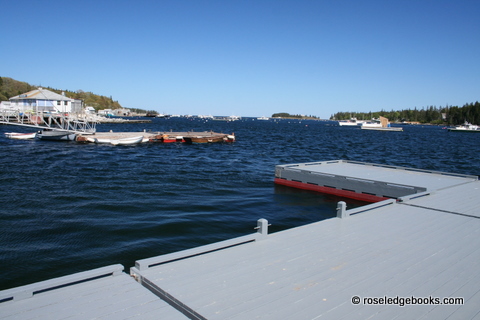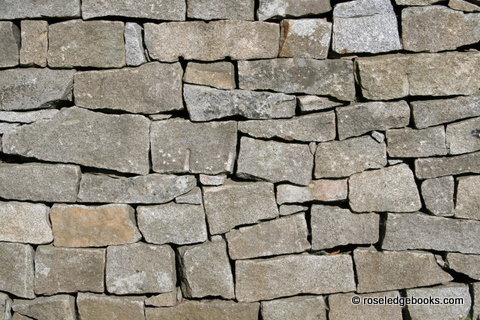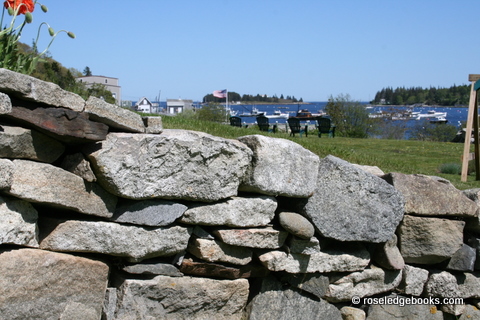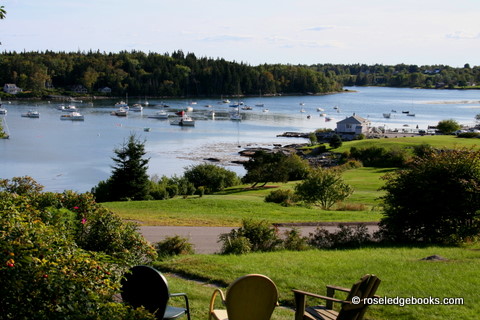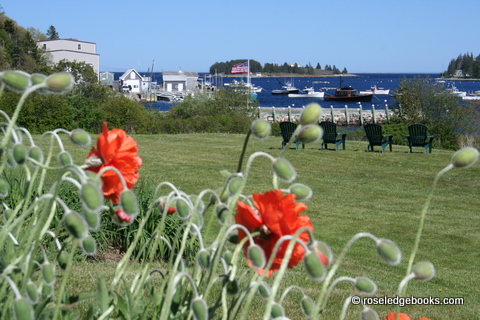These are great days, cold in Minnesota, but great. (Yes we can, President Obama, oh yes, we can.) So now is the time to sneak in mention of Arnaldur Indridason’s new paperback, Voices. (NYTimes Book Review,11-2-08) “Not the Icelandic guy again.” (Groan.) “Not more North Atlantic.” (Midwestern groan.)
Okay, his books are bleak, but North Atlantic sells to Roseledge sailors and his books are smart about Icelanders and well-written and at least one big groaner I talked with is probably going to read it anyhow. I’m going to pass for now and read instead the latest paperbacks set in North Atlantic countries from Swedish Henning Mankell (Firewall) and Norwegian Karin Fossum (The Indian Bride), both of which authors I have labeled “too bleak” in the past. Then I actually read Hening Mankell’s One Step Behind last Spring and liked it, partly because his turning-fifty detective is making a new friend at the end of the book, surely a sign of possibilities or hope, if not exactly merriment or joy. Maybe Mankell’s books are austere rather than bleak.
Fig. #50. Tenants Harbor public landing in spring, surrounded by the promise of dinghies in summer. Austere, maybe; never bleak.
Reading Karin Fossum’s latest may challenge my previous assumptions, too, because I liked Per Petterson’s Out Stealing Horses which was also by a Norwegian and had a Norwegian voice, my Norwegian friends tell me. It was surely austere, but the characters were resilient and saw possibilities. Resilience added to the expected forbearance may be another part of the bleak/austere difference. So I’ll try Karin Fossum.
An aside: Pettrerson’s several pages during which the now-older son is preparing breakfast for an unexpected guest at his isolated cabin reminds me of a Jamie Wyeth painting. The former’s spare language balances the latter’s rich colors as each features telling, promising details, but only Jamie Wyeth sometimes includes whimsy or joy. This makes him a great Tenants Harbor neighbor and through this link, a (somewhat indirect) reason to tie Per Petterson‘s book to Tenants Harbor.
I am reading Amir Aczel’s The Jesuit and the Skull about Pierre Teilhard de Chardin, evolution and the discovery of the Peking Man. Teilhard de Chardin is one of my heroes. In the late ’50’s-early 60’s, I saw that he saw a promising future for man, especially the mind of man, and in the ’70’s when I really needed it, I found an essay in which he argued for the inheritability of a zest for living. Ninety pages in, Teilhard de Chardin is deliberating the complex, sometimes conflicting ideas of science and religion that made him whole, if often in trouble. Around these deliberations, Aczel writes a great snotty Vatican read. This one is definitely worth a little less sleep at night.

